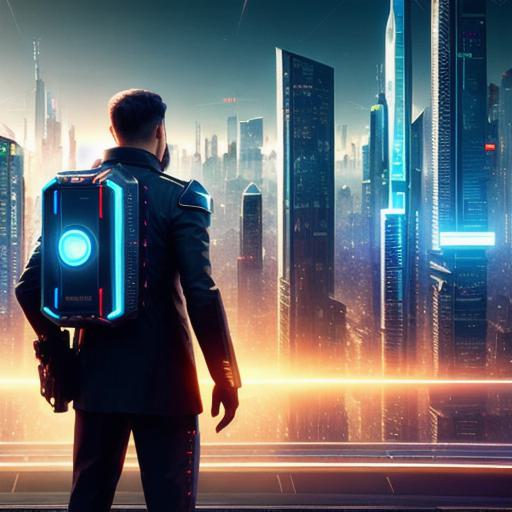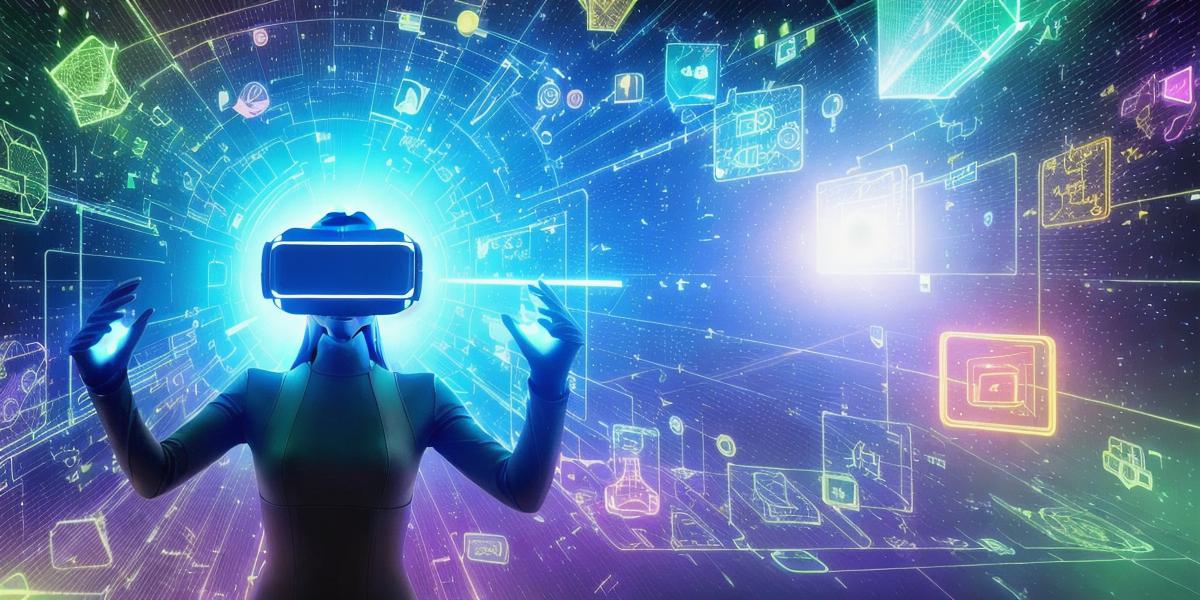The metaverse, a virtual shared space where users can interact in a seemingly real or physical way, has been the topic of much excitement and speculation in recent times. Beyond being just a concept from science fiction novels, the metaverse is becoming increasingly relevant in our daily lives. Here are some real-life applications and uses of the metaverse.
1. Remote Work and Collaboration
The pandemic has accelerated the shift towards remote work, and the metaverse provides an immersive environment for collaboration. With virtual offices and meeting rooms, teams can brainstorm ideas in real-time, engage in interactive presentations, and even socialize during breaks. For instance, Facebook’s Horizon Workrooms allows users to collaborate on projects using virtual whiteboards, 3D models, and more.

2. Virtual Learning and Training
The metaverse offers new possibilities for education and training. Students can attend lectures in immersive environments, participate in interactive simulations, and even practice hands-on skills in a risk-free virtual space. For example, Microsoft’s Mesh provides a platform for holographic communication and collaboration, which could be particularly useful for medical students to practice surgeries or engineers to design structures.

3. Entertainment and Gaming
The metaverse is revolutionizing the way we consume entertainment. From music concerts in virtual worlds like Decentraland to immersive gaming experiences on platforms such as Roblox, the possibilities are endless. In fact, Fortnite has already hosted virtual concerts by artists like Travis Scott and Marshmello, attracting millions of viewers.
4. Virtual Travel and Tourism
The metaverse also offers the opportunity to travel virtually, making it an accessible alternative for those who cannot physically visit certain places. Platforms like Google Earth VR provide immersive experiences of real-world locations, while others like Mozilla Hubs enable users to create their own virtual spaces for social gatherings and tours.
5. Shopping and Retail
The metaverse is transforming the retail industry by enabling virtual shopping experiences. Users can try on clothes or accessories in a virtual fitting room, make purchases using digital currencies, and even customize items to their liking. Decentraland’s Districts and The Sandbox are examples of virtual worlds where users can buy, sell, and trade digital assets.
6. Socializing and Communication
The metaverse provides a space for socializing and communication beyond our physical world. Platforms like Facebook Horizon, VRChat, and Discord enable users to interact with one another in immersive environments, fostering new friendships and connections. In fact, a 2021 survey by Grindr found that 34% of gay men use virtual worlds for socializing and dating.
7. Healthcare and Therapy
The metaverse has the potential to transform healthcare and therapy. Virtual reality (VR) and augmented reality (AR) technologies can be used for telehealth consultations, mental health therapy, and even physical rehabilitation. For example, VR therapy is already being used to treat conditions such as anxiety disorders and phobias.
**Summary: The Future of the Metaverse**
The metaverse represents a new frontier in human interaction and communication. Its real-life applications extend far beyond what we’ve discussed here and will continue to evolve as technology advances. From education to entertainment, socializing to healthcare, the possibilities are endless.
